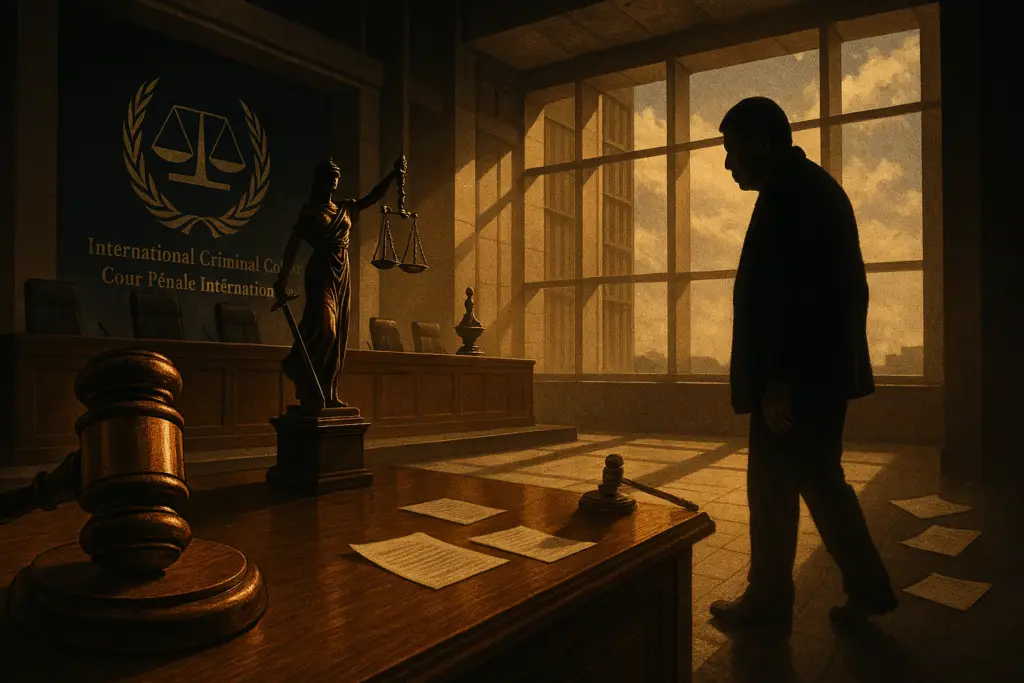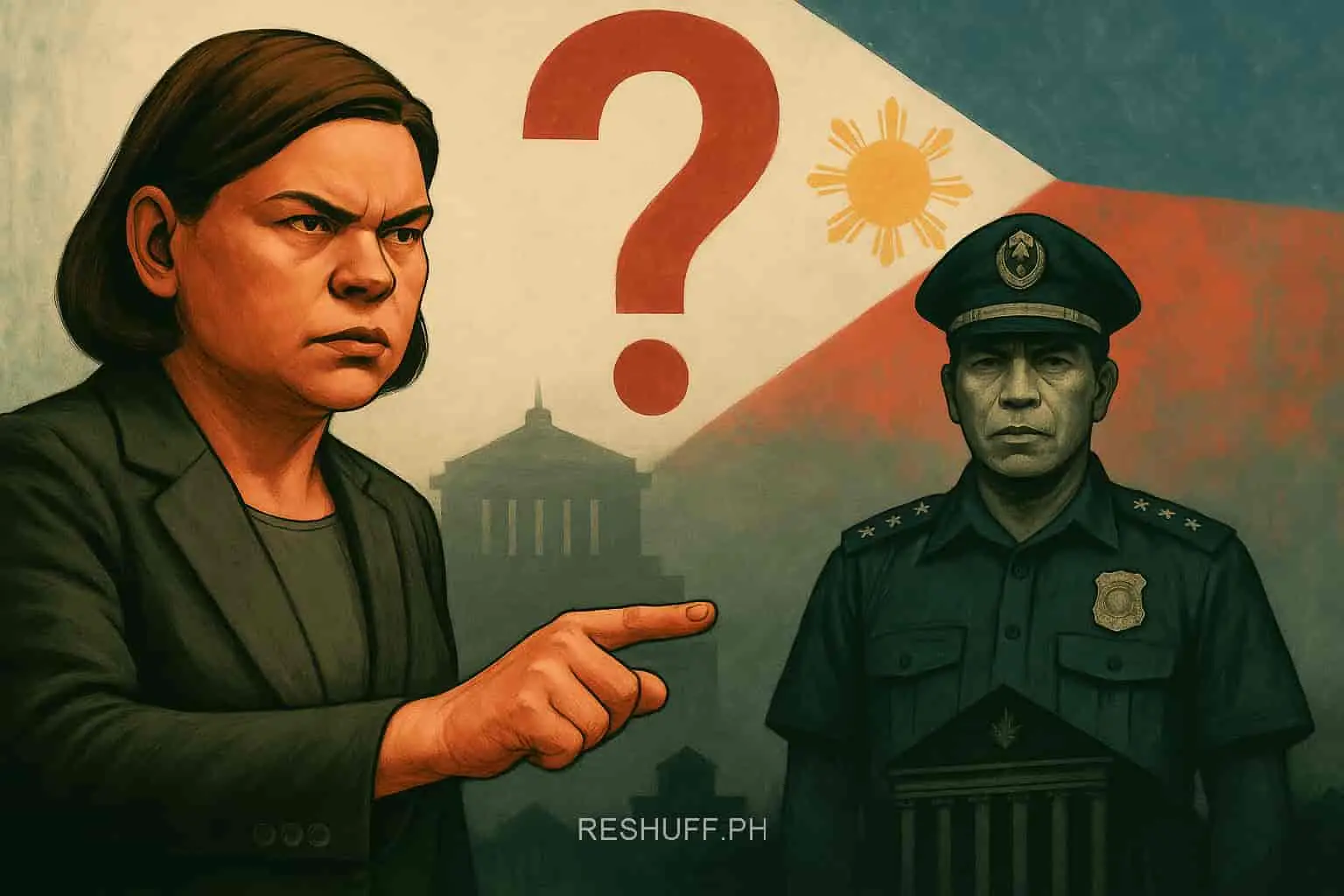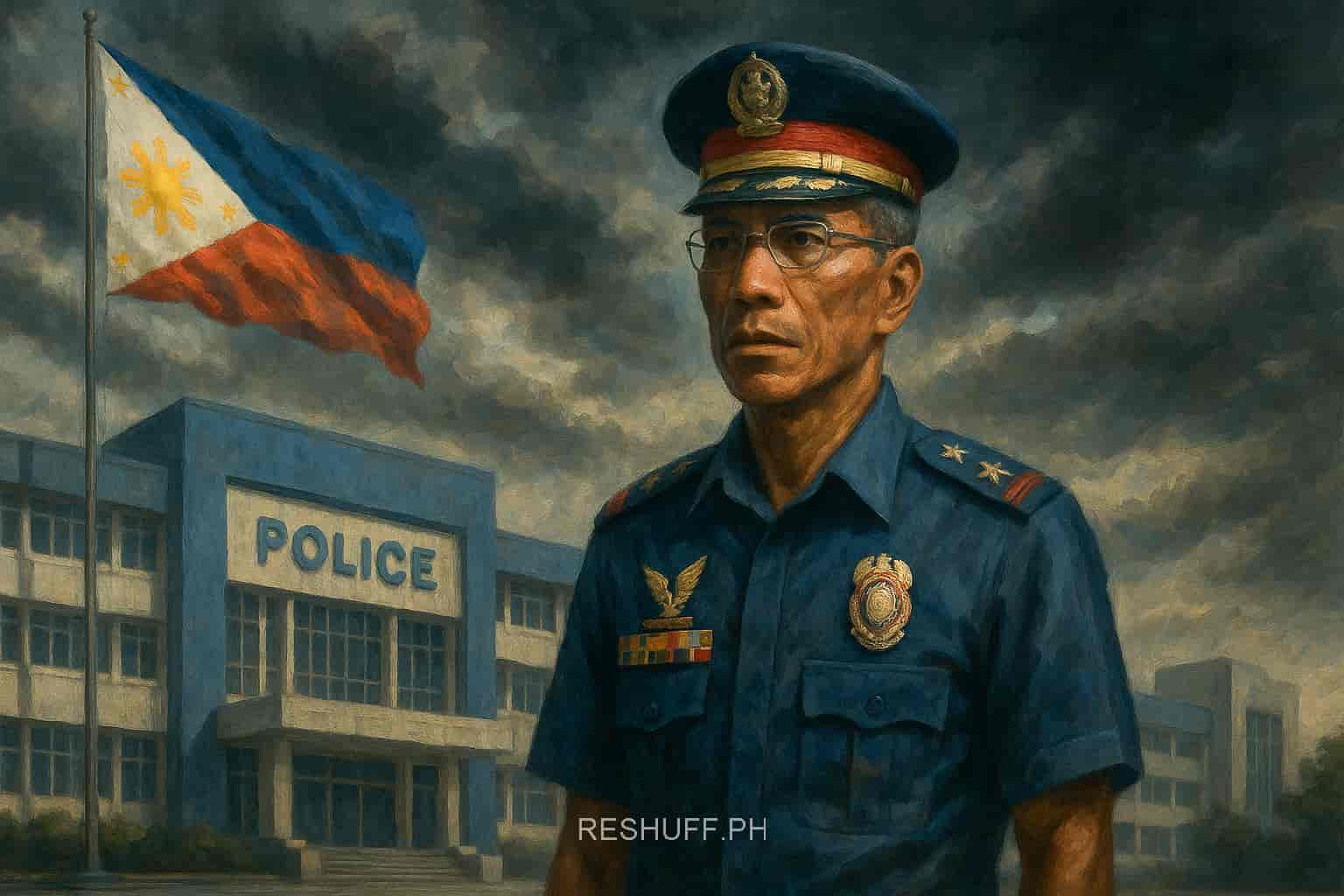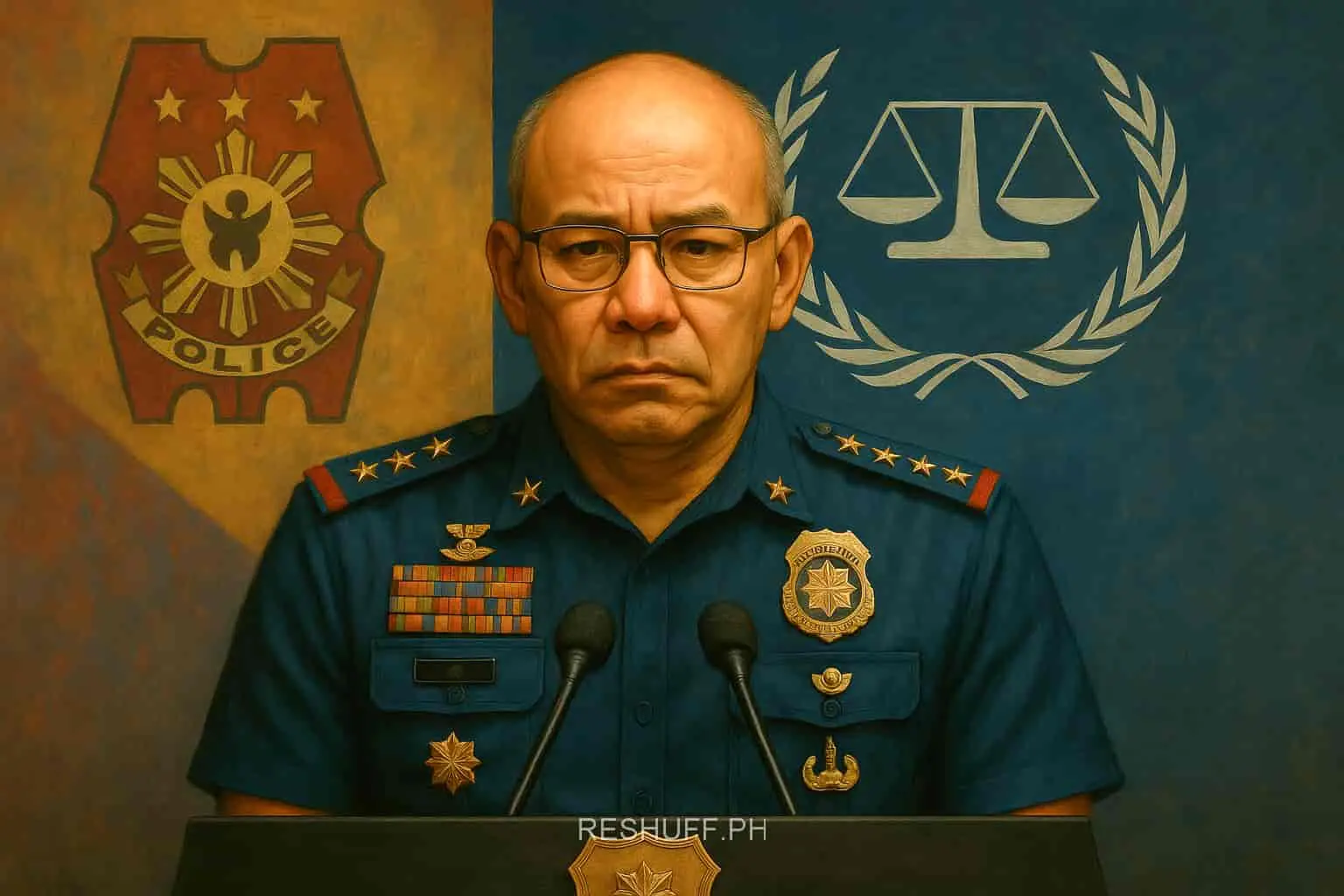Former Philippine President Rodrigo Duterte’s arrest by the International Criminal Court (ICC) has sparked intense debate across the nation, with supporters and critics alike weighing in on the legal and political implications. As the ICC proceeds with its investigation into alleged crimes against humanity during Duterte’s presidency, questions about jurisdiction, sovereignty, and justice dominate public discourse.
Jurisdiction: A Complex Legal Landscape
The ICC’s investigation centers on alleged crimes committed during the Philippines’ membership in the Rome Statute from November 1, 2011, to March 16, 2019. This period includes nearly three years of Duterte’s presidency at the height of his controversial war on drugs. Despite the Philippines’ withdrawal from the Rome Statute in 2019, the ICC retains jurisdiction over crimes committed while the country was a State Party.
Legal experts have pointed out that this principle is firmly rooted in international law. Kristina Conti, a lawyer representing families of drug war victims, explained: “Withdrawal from the ICC does not erase its power to investigate crimes committed during membership.” However, Duterte’s legal team has raised concerns about whether this jurisdiction is valid under Philippine law.
Duterte himself has previously argued that the Rome Statute was never binding in the Philippines because it was not published in the Official Gazette—a requirement for laws to take effect domestically. This argument remains a point of contention among legal scholars and practitioners.
Sovereignty vs. Accountability
The issue of sovereignty has been central to debates surrounding Duterte’s ICC case. Many of his supporters view the proceedings as an infringement on Philippine autonomy, arguing that cases against him should be handled by domestic courts. President Ferdinand Marcos Jr., who succeeded Duterte in 2022, has echoed this sentiment, stating that the Philippines has a “working justice system” capable of addressing such allegations.
Despite these assertions, Marcos allowed Philippine authorities to cooperate with Interpol in executing Duterte’s arrest warrant issued by the ICC in March 2025—a move seen by some as politically strategic rather than purely legal. Analysts suggest this decision may have been aimed at neutralizing a powerful political rival amidst ongoing tensions between the Marcos and Duterte political dynasties.
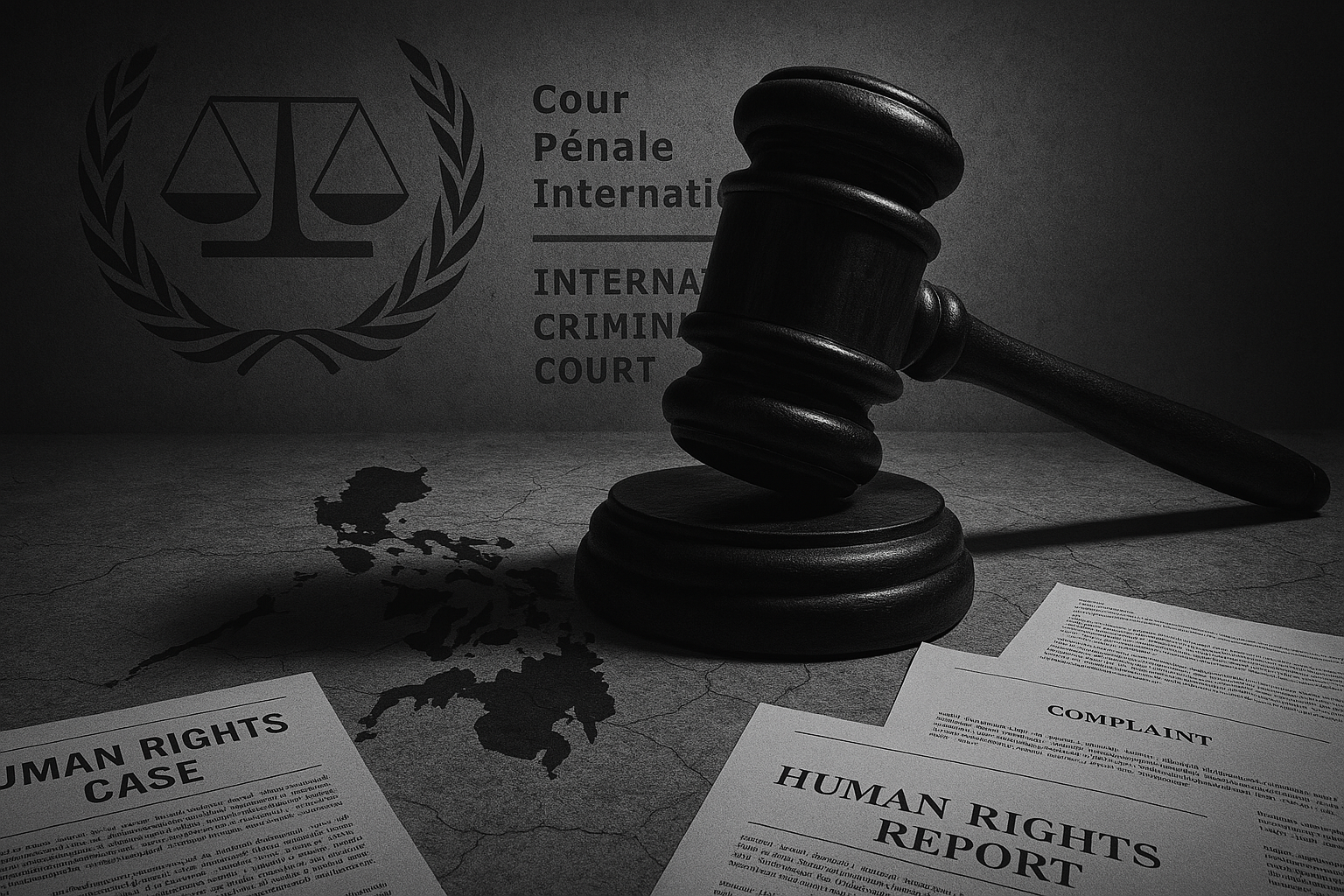
Temporary Release: A Rare Exception
Duterte’s legal team is reportedly exploring options for temporary release based on humanitarian grounds such as age and health concerns. At 79 years old, Duterte’s frail condition has been cited as a reason for his immediate release. However, temporary liberty under ICC rules is rare and reserved for extraordinary circumstances that meet strict legal thresholds.
Kristina Conti expressed skepticism about such arguments: “The court is guided by law, not emotion. Temporary liberty is rare and reserved for very specific cases.” The ICC detention center in The Hague provides humane conditions and access to medical care, further complicating claims of undue hardship due to detention.
Public Sentiment: Divided Opinions
Duterte remains a polarizing figure in Philippine politics. His supporters view him as a decisive leader who prioritized national security and fought against illegal drugs with an iron fist. Many credit him with reducing crime rates during his tenure and see his arrest as politically motivated rather than a genuine pursuit of justice.
On the other hand, families of victims affected by extrajudicial killings during the drug war have expressed hope that the ICC proceedings will bring accountability and closure after years of waiting for justice. Advocacy groups continue to highlight patterns in these killings that suggest systematic operations rather than isolated incidents—a key focus of the ICC investigation.
Maria Santos (name changed for privacy), whose son was killed during a police operation in 2017, shared her perspective: “For us families who lost loved ones, this case isn’t just about politics—it’s about justice for lives taken too soon.”
What Lies Ahead?
The ICC investigation into Duterte’s alleged crimes against humanity presents both opportunities and challenges for international justice mechanisms. While critics question its jurisdiction and potential politicization, supporters argue that it reinforces accountability for leaders accused of serious violations of human rights.
As legal proceedings unfold, public opinion remains deeply divided—reflecting broader tensions between sovereignty and global accountability standards. For many Filipinos, this case represents more than just legal arguments; it underscores ongoing debates about leadership, governance, and justice in a rapidly changing political landscape.

